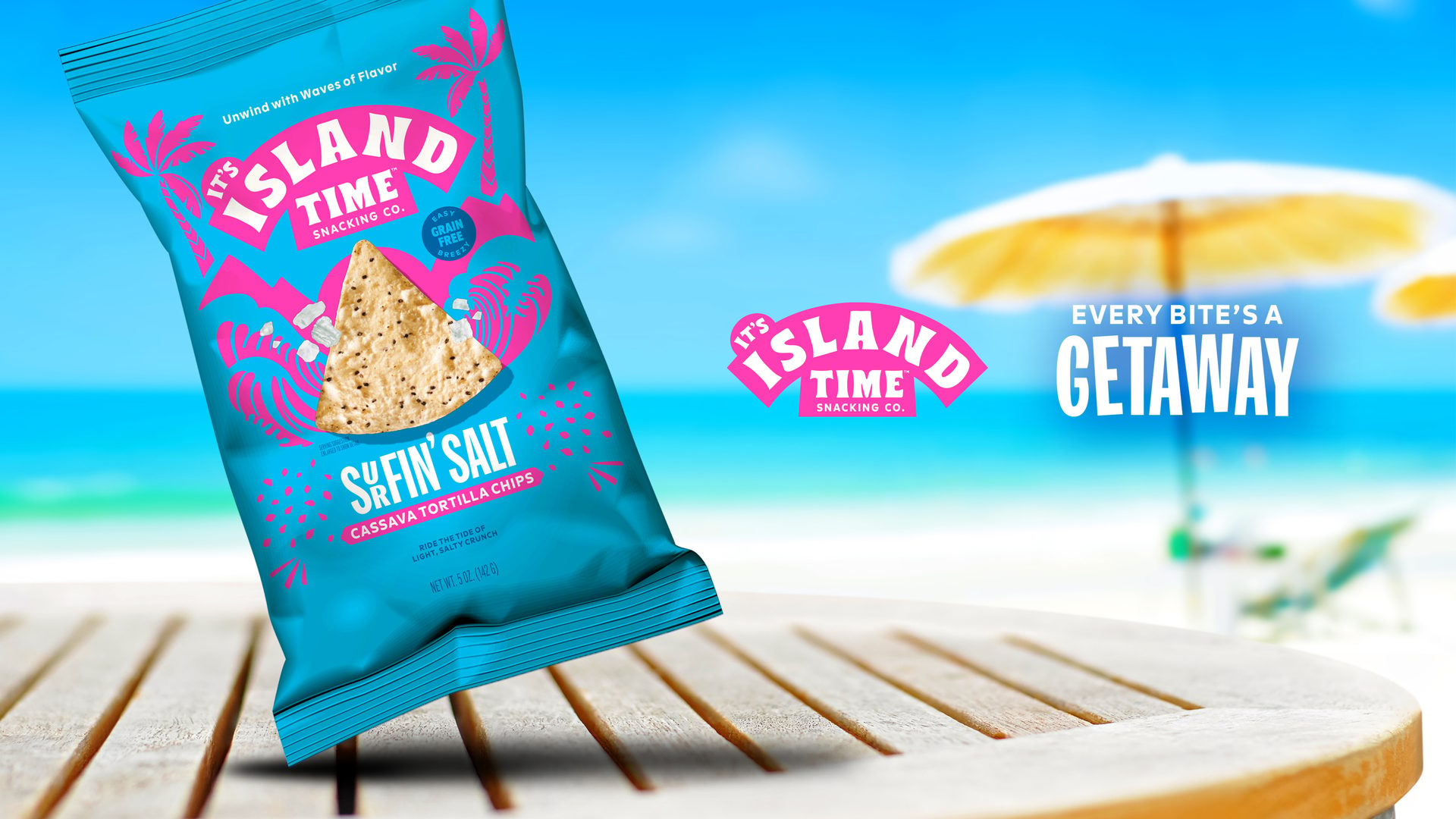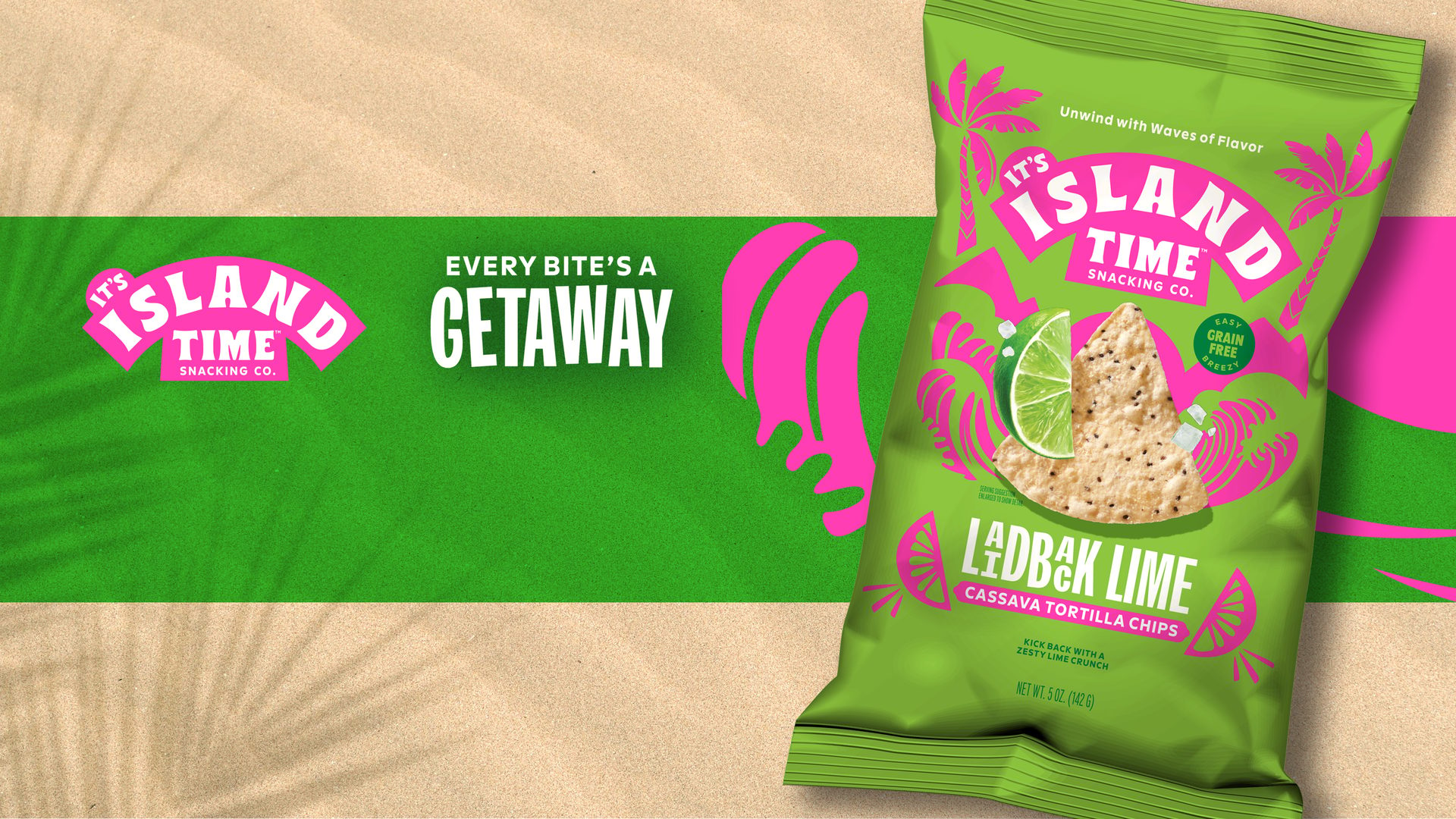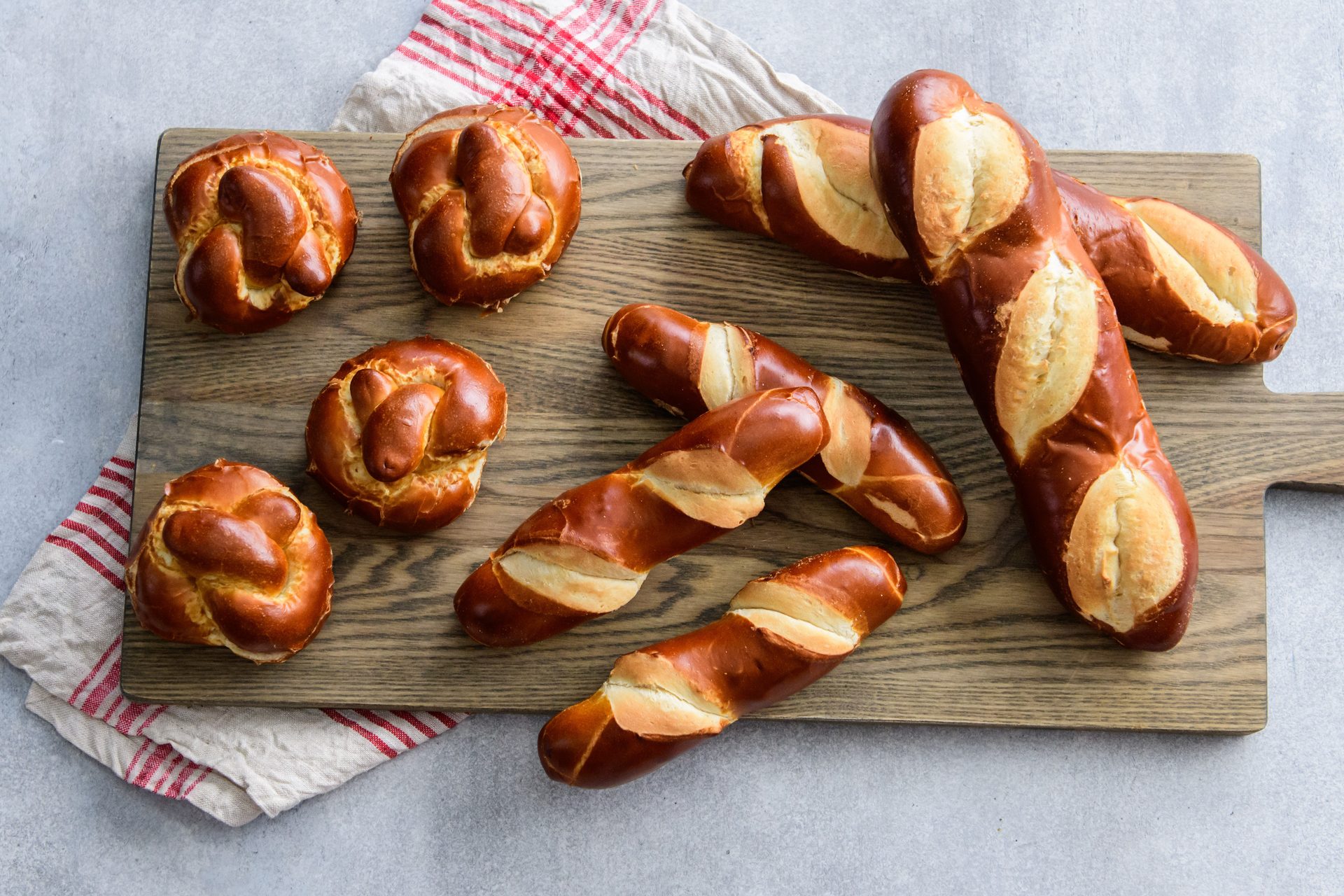The BOTTOM LINE
- Sales ended up mostly flat over the past year
- Bold and novel flavors are attracting consumer dollars
- Producers are optimistic about the future state of the category
Flavor fiesta
With tortilla chip sales relatively flat, consumers are biting into products that offer adventurous tastes.
Alex Zavistovich, Contributing Writer
In a year that included notable acquisitions—PepsiCo forked over $1.2 billion for Siete Foods—sales of tortilla chips and tostadas have remained relatively flat. New trends for tortilla chips mirror what’s happening in other snack categories, with a turn toward more healthy or organic ingredients. That, balanced with another powerful trend of new flavors or flavor combinations, has industry experts seeing the industry as poised for a resurgence in growth.
Tortilla Chips
STATE of the INDUSTRY
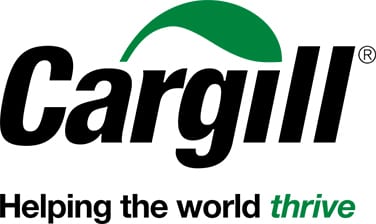
SPONSORED BY
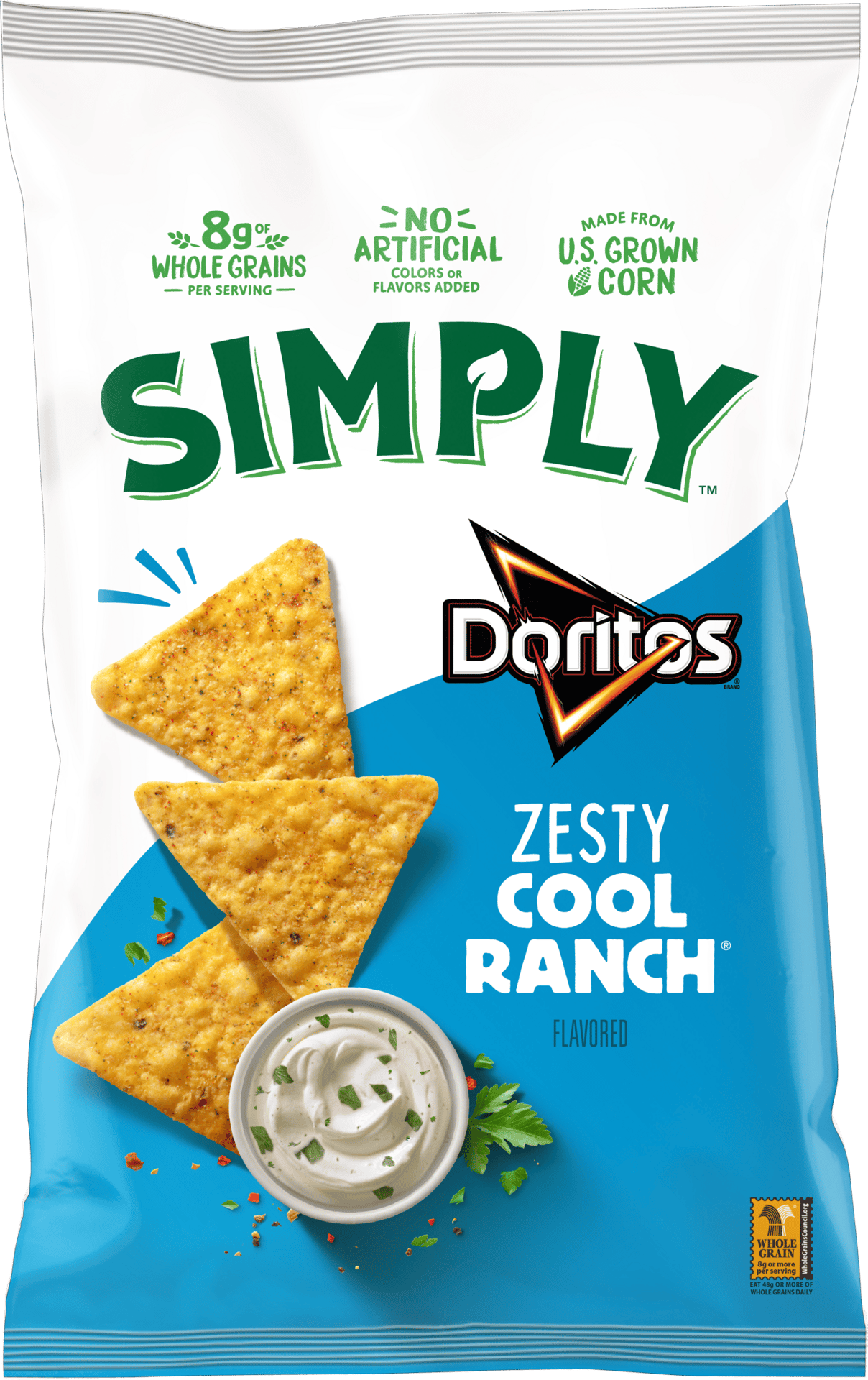
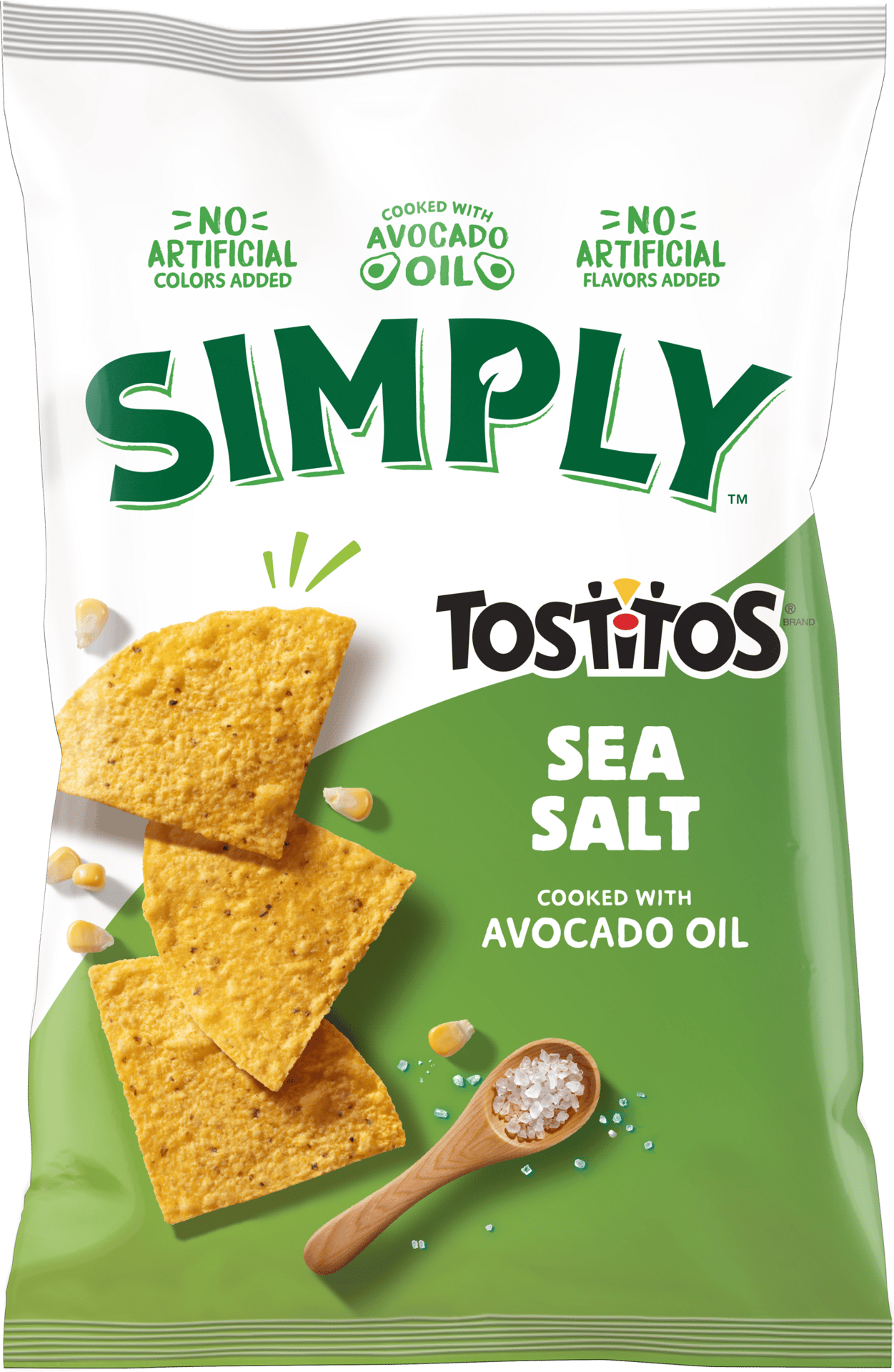
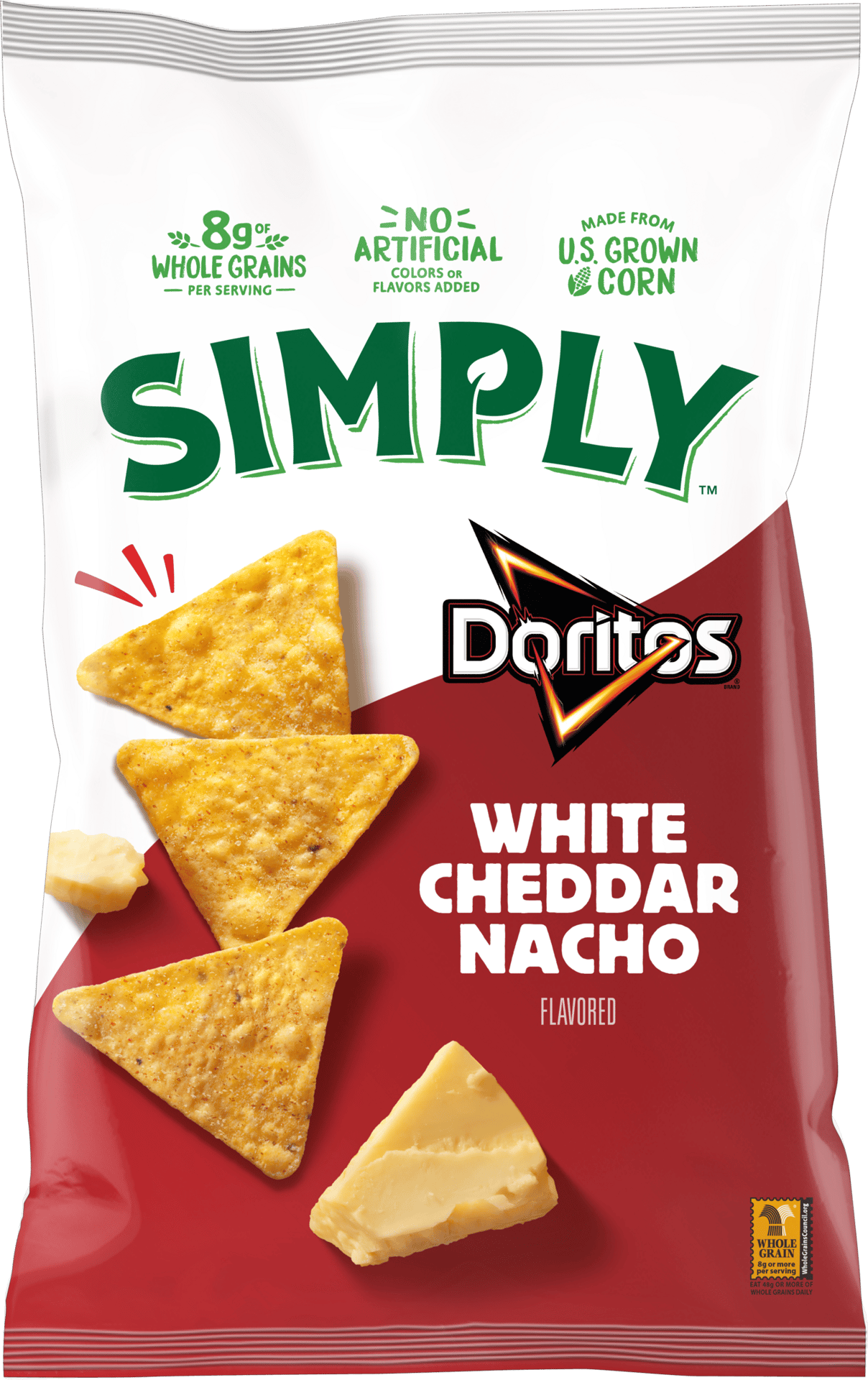
Courtesy of PepsiCo
Market data
According to Circana (Chicago) data for the 52 weeks ending May 18, 2025, performance among tortilla chip manufacturers has, with a couple notable exceptions, been slightly down or flat. The category overall saw sales of nearly $42 billion—down 0.3% from the same period last year.
Among the biggest dollar value players in the market, sales performance was split. Frito-Lay saw a modest 0.3% dip to nearly $5.9 billion, with unit sales decreasing 0.5% to $1.6 billion. Barcel USA sales, on the other hand, improved by 1.5% to $1.13 billion over last year, with unit sales seeing comparable improvement (1.6%) at roughly $300 million.
Other big winners in the market include Gruma Corp., which grew by 6.1% to $109.9 million, with unit sales up a similar percentage (6.5%) to $47.7 million.
The Hain Celestial Group saw a 7.8% increase in dollar sales to $34 million with unit sales an impressive 13.9% up from last year at $7.1 million. Meanwhile, Truco Enterprises eked out a 0.4% improvement over last year’s sales at $345.5 million, with unit sales up by 2.2% to $95.9 million.
Looking Back
As mentioned at the top of this piece, PepsiCo closed its billion-dollar buy of Siete in January. While the parent company of Frito-Lay had no shortage of tortilla chips and other savory snacks in its portfolio prior to the acquisition, company representatives indicate it views the Siete purchase as enabling it to “expand its portfolio of products with nutritious, simple foods and ingredients.”
"We're committed to transforming our portfolio to include more positive choices that meet consumer demand for convenient and delicious products," notes Steven Williams, CEO of PepsiCo North America, adding that PepsiCo is dedicated to “making the brand more widely available and accessible on a broader scale."
All of these moves are a signal that tortilla chip manufacturers are scrutinizing the relatively flat state of the industry. For some, the problems are consistent with economic circumstances in manufacturing overall.

HOVER OVER CHART TO SCROLL DOWN
Source: Circana OmniMarket™ Total Store View | Geography : Total US - Multi Outlet w/ C-Store (Grocery, Drug, Mass Market, Convenience, Military and Select Club & Dollar Retailers) | Time : Latest 52 Weeks Ending 05-18-25
Jolie Weber, CEO of Xochitl, has noted that the tortilla chip business has experienced problems faced across other industries. “We have had to deal with the volatility in the prices of raw materials, and supply chain disruptions which has made it challenging to control costs.”
Public concerns about the economy may also explain some of the market downturn, Weber said. “Consumers are watching their wallets and, in some cases, shifting their spend to more basic needs,” Weber says.
While sales of its tortilla chip products may have risen, overall Gruma USA sales have actually dipped slightly. In its latest earnings release, Gruma USA attributed this drop to “weaker consumer sentiment” and “the potential of a softer economic outlook.” The company notes that its better-for-you line of products continues to be “a main driver for future growth.”
In fact, what’s better for you may be better for the bottom line across all tortilla chip companies. Xochitl’s Weber also acknowledges a shift in consumer preferences to healthier options. “Consumer demand for simple ingredients and clean labels continues to grow,” Weber said. This translates to “shorter ingredient lists and recognizable ingredients like organic corn, no seed oils, and no artificial ingredients.”
Xochitl also has embraced that trend, while also banking on celebrity endorsement, new packaging and a flavor combination partnership with Cholula hot sauce to grow sales. The Texas-based company recently brought on NBC TV’s Jimmy Fallon as an investor and spokesperson.
Looking ahead
With consumers in most snack categories increasingly interested in BFY bites, tortilla chips that tout various health benefits are likely to continue popping up, from both producers of conventional chips and companies with an overall healthful focus. For example, Easy Foods recently unveiled Island Time Chips, a cassava-based line offering clean-label appeal.
“Snacking can be gluten-free, grain-free and delicious with our Island Time Chips designed for people who believe food should be fun, flavorful and free from labels,” says Easy Foods Founder William Isaias. “We are excited to take this next step in product innovation. Snack by yourself, and savor your way, your moment with your new tropical staple.”
